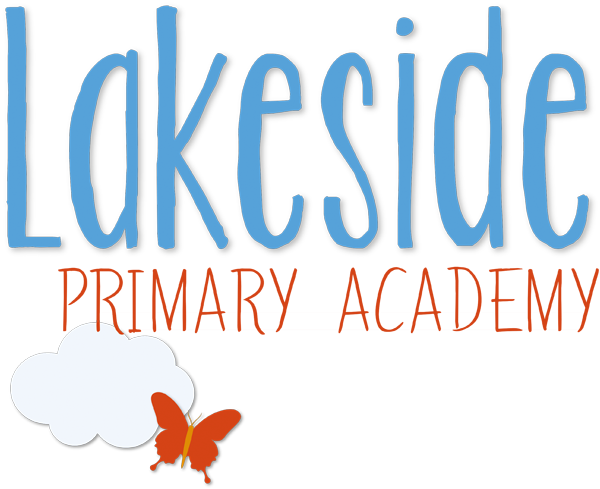At Lakeside we want our children to be naturally curious and ask questions about the world around them. The National Curriculum provides the structure and skill development for the encouragement of this scientific curiosity throughout the school. The curriculum is linked, where possible, to our topics to provide a creative curriculum.
We believe that children learn science best by doing and seeing; by providing the children with a range of opportunities to actively carry out different types of scientific enquiries, we ensure that working scientifically and the application of knowledge is embedded into the heart of our science curriculum. This provides opportunities for our children to:-
* develop the essential working scientifically skills to deepen their scientific knowledge.
* develop a broad vocabulary – scientific vocabulary is taught, and built upon, as topics are revisited in different phases and across key stages.
* use a range of methods to communicate their scientific information and present it in a systematic, scientific manner, including I.C.T., diagrams and graphs.
* develop a respect for the materials and equipment they handle with regard to their own, and other children’s safety.
* develop an enthusiasm and enjoyment of scientific learning and discovery.
* be inspired to find out things for themselves, ask questions and be active learners.
We endeavour to ensure that the Science curriculum we provide will give children the confidence and motivation to continue to further develop their scientific skills and their love of Science into the next stage of their education and life experiences.
At Lakeside, Science topics are taught within each phase in accordance with the National Curriculum.
* Topics are blocked to allow children to focus on developing their knowledge and skills, studying each topic in depth.
* Every phase will build upon the learning from prior phases therefore developing depth of understanding and progression of skills.
* Children explore, question, predict, plan, carry out investigations and observations as well as conclude their findings.
* Children present and explain their findings and learning using science specific language, observations and diagrams.
* In order to support children in their ability to ‘remember more’ there are opportunities to review the learning taken place in previous lessons.
* Lessons follow the review, think, learn and apply format.
* Children are given a knowledge organiser at the start of each topic which details what the children have already learnt, new key learning, vocabulary and scientists that are important in this field. These are used to support children with their acquisition of vocabulary and are used as a reference document.
* Teachers use effective assessment for learning in each lesson to ensure misconceptions are highlighted and addressed.
* Pupils are given the opportunity to apply their learning during each lesson and this is then used to inform planning, preparation and to address misconceptions within that lesson, or for the next lesson.
* Phases have planned enquiry questions written into the curriculum to ensure that all 5 areas of enquiry are experienced by the children each year.
* Working scientifically skills are of key importance within lessons, when there is a natural fit and when they enhance the children’s understanding of concepts.
* Through enrichment days, such as ‘Science Week’, we promote the profile of Science and allow time for the children to explore scientific topics.
* Most children will achieve age related expectations in Science at the end of each year.
* Children will retain knowledge that is pertinent to Science and to real life.
* Children will be able to question ideas and reflect on knowledge.
* Children will work collaboratively, respectfully and practically to investigate and experiment.
* Children will be able to explain their findings and to be able to reason scientifically.
Key Documents
_2023_4 Lakeside Curriculum Overview-Science
Science Knowledge and Skills Progression Document
Science Knowledge Organisers
Subject Specific Knowledge Organisers are used as a reference point for children, staff and parents enabling all to be clear with the key vocabulary for each area of the curriculum.
Science EYFS Knowledge Organiser
Year 1 & 2 Seasonal Change 1 Year 1 & 2 Seasonal Change 2
Year 1 & 2 Animals including Humans 1
Y3 Humans muscles and skeletons Y3 Humans nutrition Y3 Rocks



